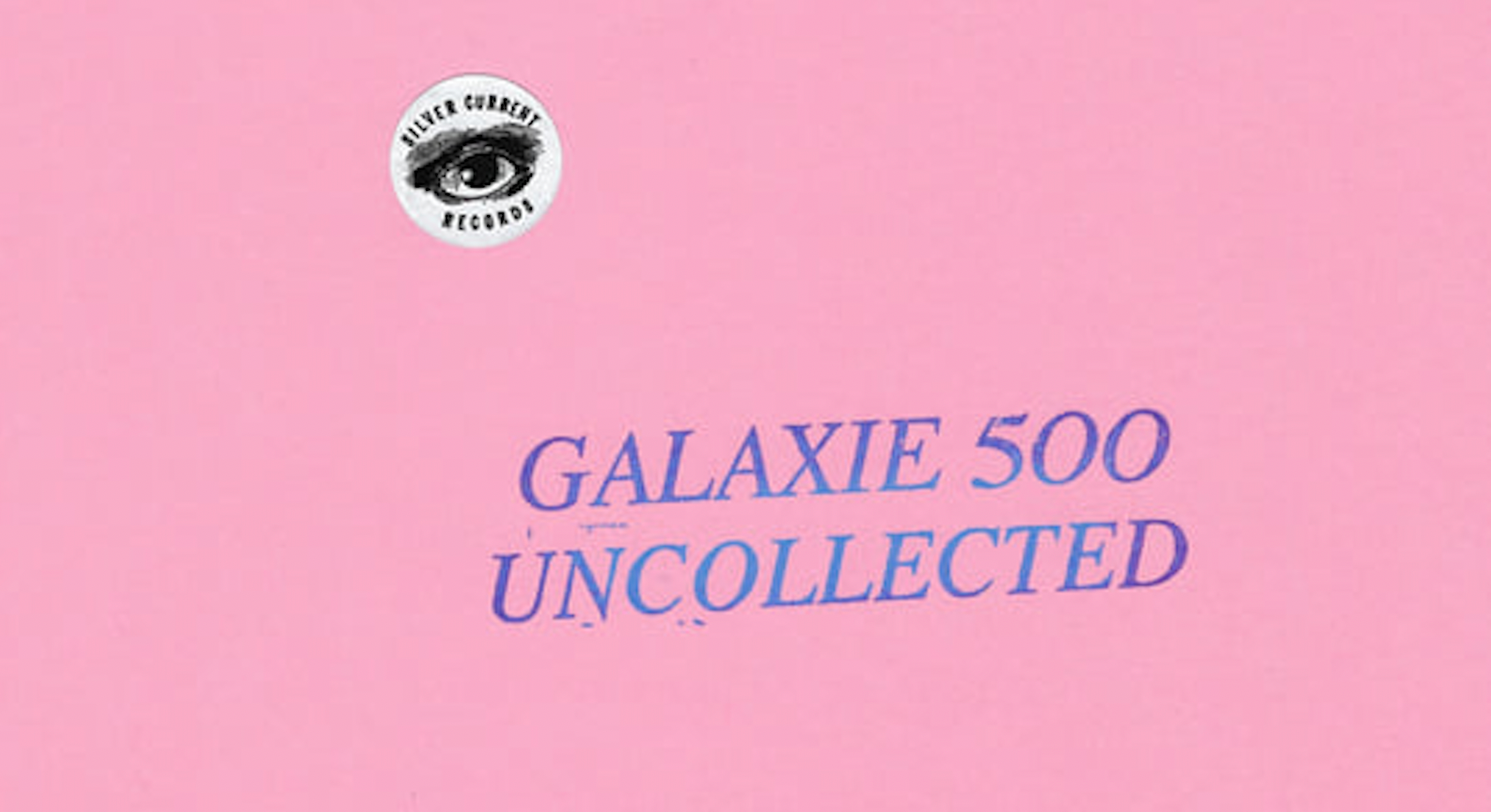Galaxie 500’s Uncollected Noise shows their path to minimalist music perfection

“Perfection is achieved, not when there is nothing more to add, but when there is nothing left to take away.” – Antoine de Saint-Exupéry
No other band perfectly represents this adage quite like Galaxie 500. The trio of Dean Wareham, Naomi Yang, and Damon Krukowski formed the group while attending Harvard University and sanded down the dry, minimalist sound of artists like The Modern Lovers and Spacemen 3 into something relaxed, mournful and simplistic-to-a-fault. At a time where their underground contemporaries were more focused on pure, blitzing speed, Galaxie 500 stuck to the lessons they learned from Lou Reed about slowing the tempo and using as few chords as possible.
Uncollected Noise New York ’88 – ’90 is a collection of the group’s B-sides, alternate takes, and unreleased tracks presented in chronological order à la Jawbreaker’s Etc. Of the twenty-four tracks on this collection, eight had never been released, while others were only available on out-of-print CD box sets from decades prior. The compilation guides listeners along the group’s evolution from their early, live studio recordings to their fully fleshed out, minimalist, layered sound that would define their brief but bright run. Additionally, this compilation contains multiple cover songs by Galaxie 500 that highlight some of the less obvious influences. With that in mind, this album is best served not as an introduction for new listeners to Galaxie 500, but moreso a way for experienced fans of the band to fill in the gaps about the creative paths that led to the Galaxie 500 that they know and love.
As the compilation starts with the band’s earliest recordings, the listener is invited to see Galaxie 500 at a very primordial stage. Along with the poorer recording quality compared to later tracks, these tracks come across pastiche-like with the apparent imitation of the sound of their influences. The opening track “Shout You Down,” for instance, matches the fast, herky-jerky rhythms of The Feelies, while “Can’t Believe It’s Me” seems to directly lift John Cale’s bass tone from The Velvet Underground song “Waiting for the Man.” Given that the trio had only been playing together for a few months at the time of recording these demos, it is understandable that they were still writing songs based on what they were listening to. Again, moments like these first demos serve more as a fun genealogy tree for established Galaxie 500 fans who share the same tastes as Wareham, Yang, and Krukowski than a starting place for novice indieheads to learn about the band.
After these series of initial demos comes a pair of B-sides from their first album, Today. Both tracks, “Oblivious” and “King of Spain,” represent the moment where their signature sound finally came together. Wareham finally got a chance to add some lead guitar lines to the songs without undermining the foundational bed of simple major chords. Maintaining this structure also allows Yang the freedom to add variety to her basslines. The lyrics also get a chance to shine, ironically despite their dour contents. Contemporary critics sometimes derided their lyrics for being too mopey without humor, but “King of Spain” shows a dark sense of self-deprecation, as the song’s subject has reached a point of blissful delusion, defiantly declaring, “I’m the King of Spain / I’m smiling to myself / I’m laughing out loud / I’ll never cry again.”
Having finally hit their stride, the group continued to stretch themselves and experiment with new song structures, such as ditching the standard four-on-the-floor rhythm for a waltz, ¾ time signature in “Song in 3.” “Crazy” seems to provide the lyrical structure for every Blake Schwarzenbach song with its confessional lyrics of drunken, wasted youth. “Ceremony” is the first of six cover songs on the compilation, and the Joy Division/New Order cover provides a source of inspiration for Yang’s bass grooves holding the melody much Peter Hook’s did for the original artists.
One of the alternate takes that doesn’t stack up to the studio version is “Blue Thunder,” unfortunately. The addition of saxophone fills by Ralph Carney violates the rule of engineering perfection by adding one too many elements to the song. The blaring, avant-garde woodwind blasts completely dwarf the wall-of-sound style guitar fills during those same parts on the studio album version.
It's fitting that the last track featured on this compilation is a cover of the Velvet Underground song, “Here She Comes Now.” Nearly tripling the length of the original song, Wareham perfectly captures the essence of Lou Reed’s deadpan delivery without coming across as imitation. The addition of a falsetto harmony during the verse/chorus and the two minute instrumental breakdown in the middle of the song give it the Galaxie 500 twist to distinguish the song further from the original. Krukowski’s ride-cymbal-heavy drumming keeps the feeling of the song gentle throughout. The band’s longtime producer Kramer also contributes some synthetic strings towards the end, perhaps as a nod to John Cale’s viola prominently featured on The Velvet Underground songs.
The recent outpouring of new Galaxie 500 material courtesy of Yang and Krukowski, such as the book Temperature’s Rising, is welcome to fill the decades-long void of releases since the band broke up in 1991. Their dreamy vibes still ripple throughout modern music via artists like Beach House, Xiu Xiu, and Neutral Milk Hotel. While the trio will likely never reunite, compilations like Uncollected Noise allow those of us who weren’t there in 1988 to journey along and wonder what other magic they could’ve conjured up if they remained.